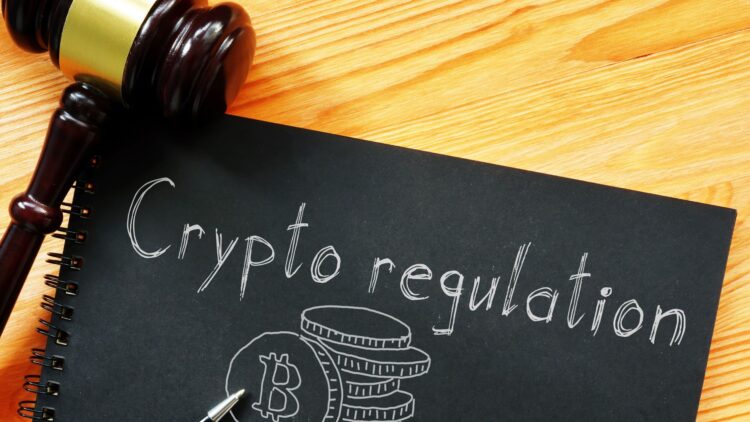If large scams such as the FTX disaster continue to occur on cryptocurrency exchanges, it could potentially give governments more reason to regulate the crypto industry.
Cryptocurrency regulation can seem beneficial to some users because it can provide increased security and protection against fraud. However, in reality, regulation can also have some downsides. For example, excessive regulation can stifle innovation and limit the potential of cryptocurrencies to be used as a tool for financial inclusion.
Additionally, not all regulations are created equal, and some regulations may be overly burdensome or ineffective, which can create problems rather than solving them. Ultimately, the effectiveness of cryptocurrency regulation depends on the specific details and implementation of the regulations.
The Downside of Governmental Regulations
Increased regulation in the crypto industry could have several potential negative effects.
One such effect could be the limitation of people’s freedom to use cryptocurrencies in the way they see fit. This could happen if governments impose strict rules and regulations on how cryptocurrencies can be used, traded, or transferred.
For example, they could impose limits on the amount of cryptocurrency that can be used to buy property in Dubai, or they could require that all transactions be reported to the government.
Such regulations could be seen as a contradiction to the original goal of cryptocurrencies, which was to provide a decentralized and secure way for people to store and transfer value without the need for intermediaries like banks or governments. By imposing these regulations, governments would effectively be taking back some of the control that cryptocurrencies were designed to give to individuals.
Another potential negative effect of increased regulation could be the stifling of innovation and creativity within the crypto industry, such as for crypto real estate. If companies are required to comply with complex and burdensome regulations, they may be less willing to take risks and experiment with new ideas. This could slow down the pace of innovation and prevent the development of new technologies and applications that could benefit the industry and its users.
Furthermore, increased regulation could also create barriers to entry for new companies and entrepreneurs looking to enter the crypto market. These regulations could make it difficult or expensive for these companies to operate, which could limit competition and potentially lead to higher prices for consumers and slow down adoption.
Overall, while increased regulation in the crypto industry could have some positive effects, such as greater security and trust, it could also have negative effects that limit people’s freedom and stifle innovation. It’s important to carefully weigh the pros and cons of any potential regulations and consider their impact on the industry, especially in real estate where users would want to acquire Arabian ranches, for example.
Alternatives to Government Regulations
There are several alternatives to regulation that could potentially help keep users of centralized exchanges safe.
Some options include:
- Self-regulation: Some crypto exchanges and industry groups have proposed voluntary measures, such as establishing best practices and standards for security and transparency, as an alternative to government regulation.
- Insurance: Crypto exchanges could offer insurance for customers’ digital assets to protect against losses due to hacks or other security breaches.
- Security audits: Crypto exchanges could undergo regular independent security audits to assess and improve their security measures.
- Education: Crypto exchanges could provide educational resources and tools for users to help them understand the risks and best practices for securely storing and managing their digital assets.
- Decentralization: Decentralized exchanges, which operate without a central authority, could provide an alternative to centralized exchanges that is less vulnerable to security breaches.
Ultimately, the best approach to keeping users safe will depend on the specific needs and circumstances of each exchange and its users.






